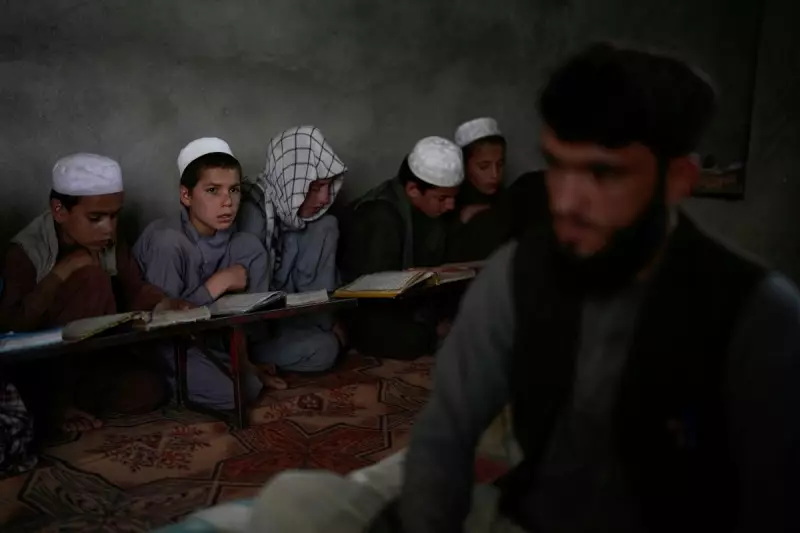
The Taliban has imposed yet another restriction on girls' education in Afghanistan, this time prohibiting them from learning Arabic in schools. The move has sparked outrage among human rights advocates and further highlights the regime's oppressive policies towards women.
Education Under Siege
Since retaking control of Afghanistan in 2021, the Taliban has systematically dismantled educational opportunities for girls. The latest ban on Arabic studies follows previous measures, including barring girls from secondary and higher education.
Arabic, a language deeply tied to Islamic teachings, had been a core subject in Afghan schools. The decision to exclude girls from learning it has raised questions about the Taliban's interpretation of religious doctrine.
International Condemnation
Global leaders and human rights organizations have condemned the move. A spokesperson for the United Nations stated, "This is another devastating blow to the rights of Afghan women and girls. Education is a fundamental human right, not a privilege."
The ban has also drawn criticism from Muslim-majority countries, with several scholars arguing that Islamic teachings encourage education for all, regardless of gender.
Impact on Afghan Society
Experts warn that restricting girls' access to education will have long-term consequences for Afghanistan's development. "When you deny half your population the right to learn, you're crippling your country's future," said one Kabul-based analyst.
Many Afghan families are now seeking alternative education options, including underground schools and online learning platforms, despite the risks involved.





